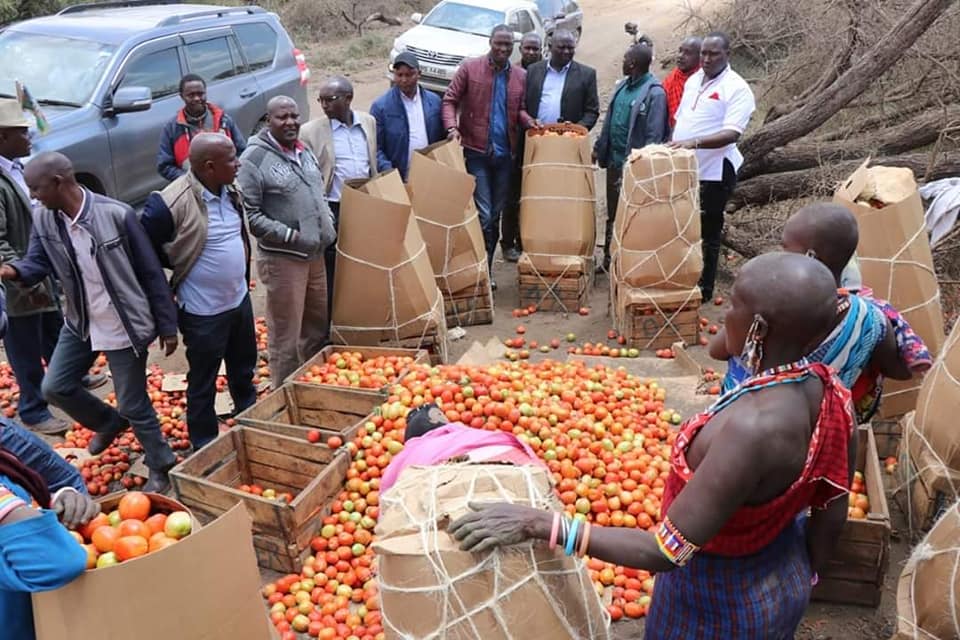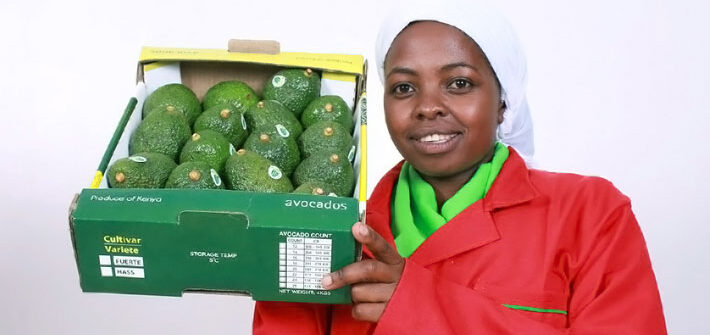
By George Munene
From a high of Sh150 in January and February, the price of tomatoes around most parts of the country now hovers at just Sh50-15. Many farmers who had dived in headfast into growing tomatoes are now having to contend with minimal profits and in some cases bearing extreme losses.
Patrick Kirimi, a farmer for over 20 years and agronomist at Kaaga, Meru, chalks down the steep fall in tomato prices to a collusion of factors: Seasonality of tomato supply; the usual down months for tomatoes being January –February and August to November when there’s little rain and open field tomatoes thrive leading to a measure of market oversupply.
The high prices of tomatoes at the start of the year also saw many, especially first-time farmers, flock to growing tomatoes which led to an unprecedented flooding of the market which in turn sent prices tumbling.
Related News: Predict the weather, make tomato fortunes
Related News: Why farmers are now feeding tomatoes to cows
Having disrupted all facets of life, the COVID-19 pandemic has naturally had a hand in reshaping agriculture: The many job losses occasioned by the virus have meant a reduction in disposable income. It also left many people having to fall back on farming with its low barrier of entry as a safety net.
For Ruth Kaari a mixed farmer at Chuka who has four acres under tomatoes, this has been her worst season with the crop yet.”Nisipochomeka hii mwaka, I’ll count myself lucky,” she says. She has heard and grown tired of armchair “just sundry” so-called advice. “Telling a farmer to make tomato puree or sauce amounts to no more than a sunk cost fallacy; the expenses involved are too exorbitant for most medium to small scale farmers. That would also mean having to try and barge some of the established big boys for market shelf space without any prior advertising to a very particular and picky market segment,” she says.
Through the crisis Patrick Kirimi spies an opportunity; “In the medium term with the November-December rains, I expect tomato prices to self-correct. Longer-term, it’s all conjecture but with the financial and emotional turmoil tomatoes have wrought on farmers I do think most will eschew growing them and there might just be fortunes ahead for those of us who stick it out.”
Write comment (0 Comments)
















